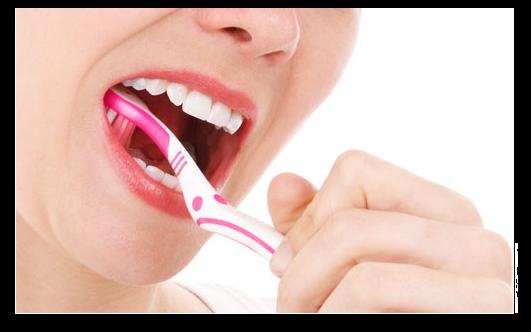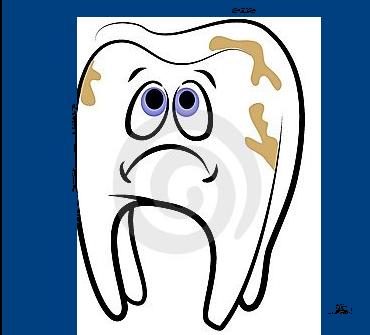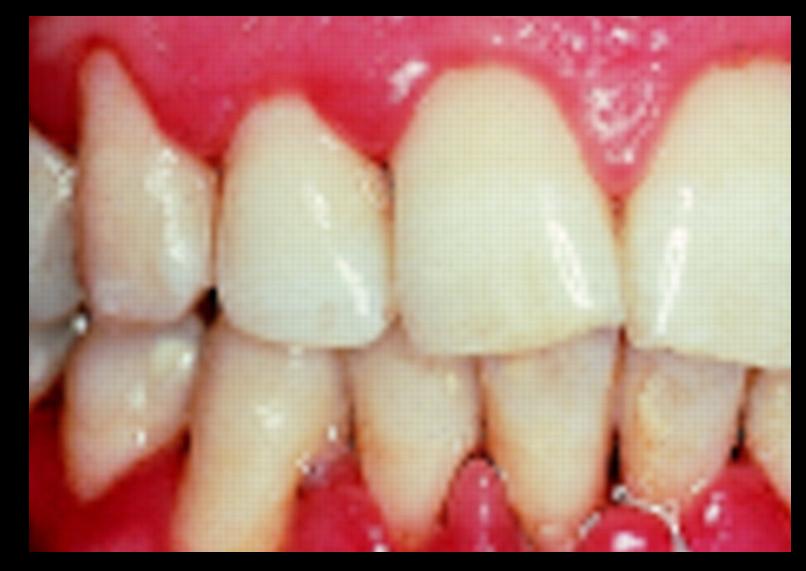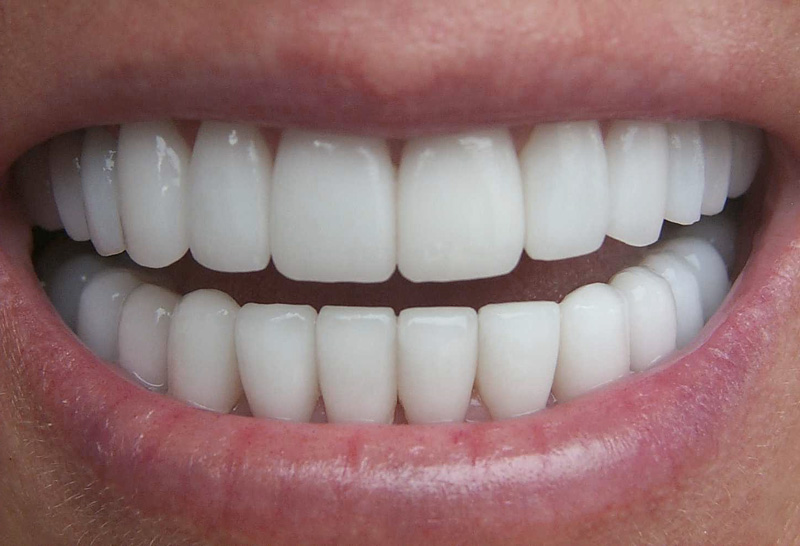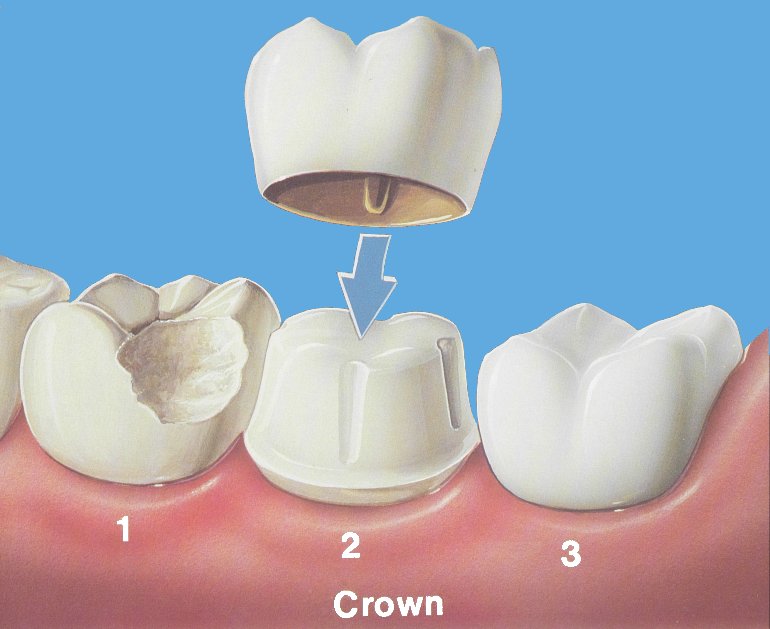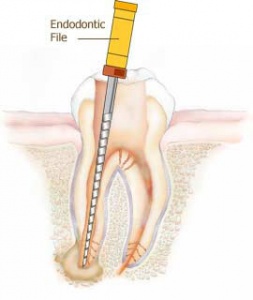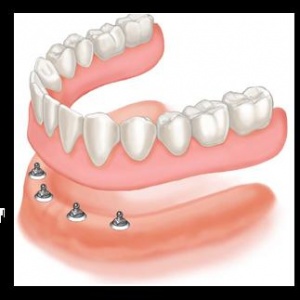
Dentures or dental implants? It’s almost as hotly a debated subject these days as the chicken and the egg. Of course, if you’re someone who’s facing the decision of how best to replace teeth you’ve lost, it’s infinitely more important. And, since most people have encountered this situation at one time or other in their life, it is a far-reaching dilemma indeed. According to the American Association of Oral and Maxillofacial Surgeons, well over half of all Americans ages 35 to 45 have had one or more missing teeth in their lives, meaning that the question of whether to opt for dentures or dental implants is one that is faced by thousands of patients daily, in Morristown and throughout the country. If you find yourself in this group, here’s some information that will help you to arrive at the best and most informed decision that is right for your situation.



